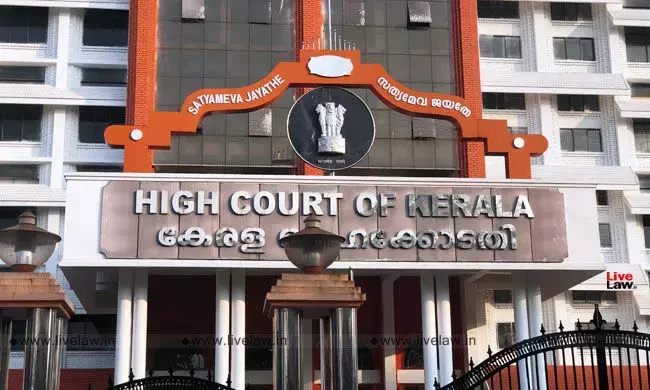Convicts Can't Invoke Section 389 CrPC To Seek Interim Suspension Of Sentence For Short Term Release: Kerala High Court
Hannah M Varghese
10 Aug 2023 9:00 AM IST

Next Story
10 Aug 2023 9:00 AM IST
The Kerala High Court recently held that Section 389 of the CrPC does not contemplate an interim suspension of sentence and release of the prisoner for short-term requirements such as disease or marriage, while clarifying that such release should be sought under the Prisons Act and Rules through the process of leave or parole.A Division Bench of Justice Alexander Thomas and Justice...
